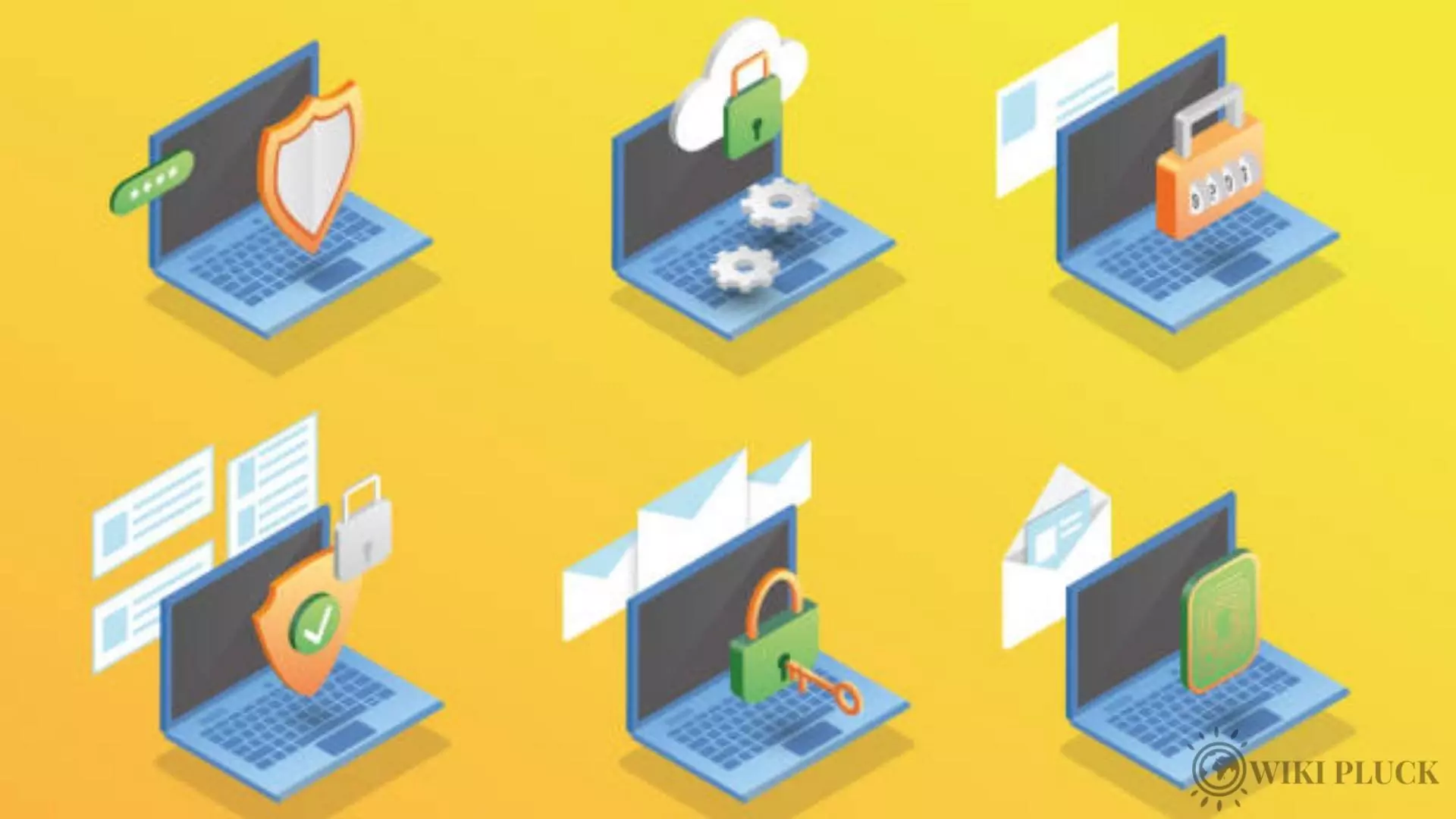In the modern virtual era, online document verification has become a crucial tool for corporations throughout various industries. The traditional system of manually verifying documents can be time-consuming, prone to errors, and expensive. However, with the advent of the latest technologies, organizations can use online document verification to streamline operations, improve protection, and enhance performance.
This article will discover the benefits and improvements of online document verification, highlighting its significance in the contemporary business market.
Improved Security
One of the most significant advantages of online document verification is its ability to enhance safety features. Companies can ensure that only valid and authorized individuals get access to their services by enforcing authentication techniques. Online document verification employs advanced encryption strategies, biometric authentication, and multi-factor authentication to confirm customer identification accurately. This reduces the risk of identity theft, fraud, and unauthorized access for corporations and their customers.
Streamlined Customer Onboarding
Online document verification simplifies the client onboarding process, making it extra efficient and user-friendly. Gone are the days of filing physical copies of identity documents and awaiting guide verification. With online file verification, clients can securely upload their files digitally, eliminating the need for paper-based methods. Automated verification algorithms can then analyze the files, ensuring they meet the required standards and observe regulatory requirements. This streamlined onboarding process now not only saves time but also improves the general consumer experience.
Also Read: Facial Verification – Ensuring Trust in Business Operations
Compliance with Regulatory Requirements
Compliance with stringent regulatory requirements is essential for organizations operating in regulated industries, including finance and healthcare. Online report verification is vital in ensuring companies meet those compliance requirements. By automating the verification process, agencies can validate consumer identities, carry out anti-cash laundering (AML) assessments, and adhere to Know Your Customer (KYC) rules. Online document verification also maintains a virtual trail of the verification process, which may be audited and monitored, strengthening compliance efforts.
Cost and Time Savings
Implementing online document verification can lessen expenses and save time for organizations. Manual record verification tactics are labor-intensive and require committed resources. By automating this process, agencies can remove the need for manual data entry, reduce errors, and allocate resources more successfully. The time saved in document verification may be utilized for critical tasks, enhancing business operational performance and productivity.
Advancements in Technology
Online document verification has witnessed widespread technological advancements, making it more accurate, reliable, and steady. Optical Character reputation (OCR) generation, mixed with device mastering algorithms, performs a pivotal function in automating the verification system. OCR generation enables the extraction of facts from files, which include passports, licenses, and ID cards, with excessive accuracy. Machine learning algorithms constantly improve the verification procedure by means of studying styles, ensuring higher precision and reducing false positives.
Scalability and Flexibility
Verification of documents gives scalability and versatility to agencies of all sizes. Whether it is a small startup or a large organization, the process can be tailored to meet specific necessities. Businesses can select from a range of verification techniques, including facial reputation, record scanning, and biometric authentication, based on their wishes. Online file verification also allows organizations to amplify their operations globally, as it may verify files from exclusive international locations and comply with global regulations.
Use Cases Across Industries:
- Banks and financial establishments rely on online record verification to conform with Know Your Customer (KYC) guidelines. By verifying identity documents and engaging in thorough tests, they could save banks from money laundering, terrorist financing, and other financial crimes.
- Online document verification is crucial in healthcare to prevent clinical identity theft and ensure accurate patient information. By verifying patient identities, healthcare providers can protect sensitive information and ensure the right treatment is provided to the right man or woman.
- E-trade platforms make use of online document verification to prevent fraud and protect consumers and sellers. By verifying supplier identities, structures can create a safer market and build trust among shoppers. With the upward push of remote work, employers use online document verification to confirm the identities of remote employees.
- Government companies use online file verification to authenticate identities for numerous offerings, which include applying for passports and driver’s licenses. This prevents identity fraud and guarantees accurate information for reputable documentation.
- Online academic establishments use document verification to affirm student identities and ensure the authenticity of educational credentials. This helps preserve the integrity of online study packages and prevents fraudulent behavior.
- Online travel companies and hotels use document verification to confirm visitor identities and save you from fraudulent bookings. This complements safety and guarantees a safe and reliable experience for both visitors and providers.
- Insurance agencies use online file verification to verify the identities of policyholders, stopping fraudulent claims and ensuring correct underwriting procedures.
Conclusion:
In conclusion, online document verification has become crucial for organizations in the digital age. It provides enhanced safety, streamlined consumer onboarding, compliance with regulatory necessities, time savings, and scalability. With technological advancements, businesses can leverage online document verification to automate and streamline their operations, ensuring a continuing and secure experience for agencies and customers. As companies continue to embrace virtual transformation, online record verification will play a pivotal role in building trust and mitigating risks.
As the driving force behind WikiPluck, I am dedicated to curating and sharing insightful knowledge across a spectrum of subjects. From technology trends to Business advice, WikiPluck strives to be a go-to resource for those seeking to enhance their understanding and make informed decisions.
Join me on this journey of discovery and enlightenment as we pluck the gems of wisdom from the vast landscape of knowledge.

